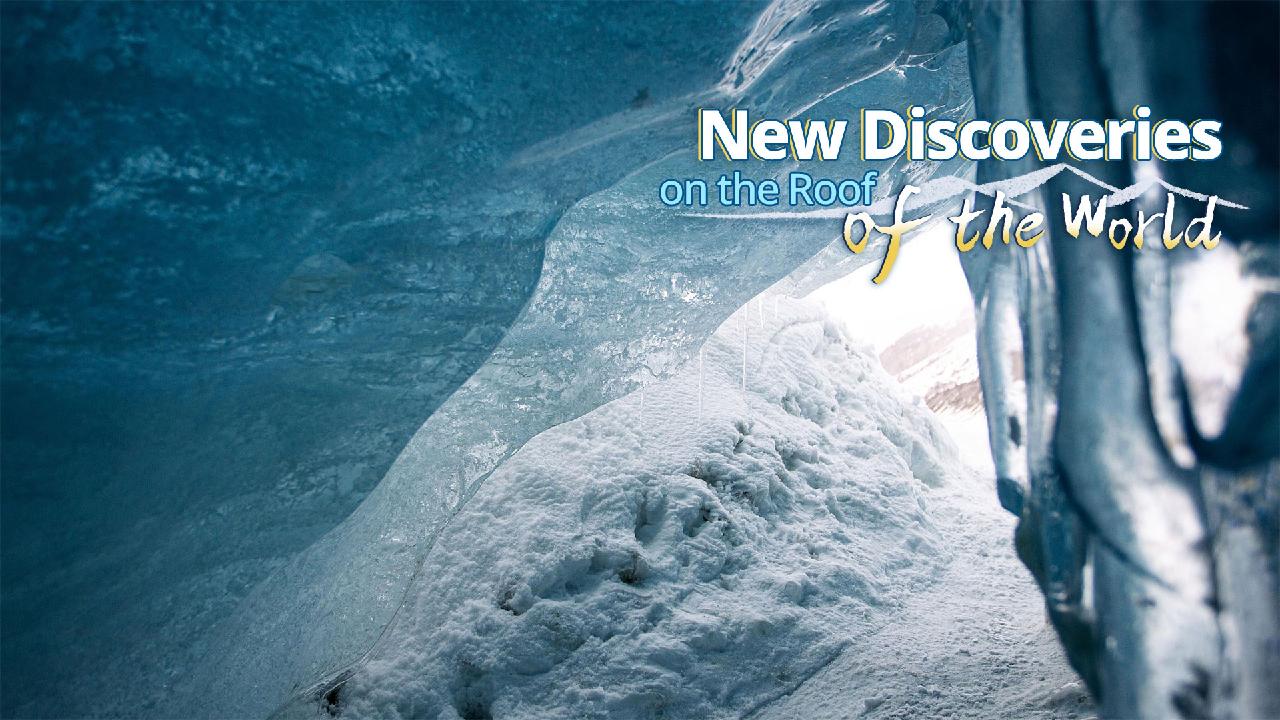Chinese researchers sound the alarm on vanishing glaciers at Qinghai-Xizang Plateau
Chinese scientists have issued a warning regarding the melting glaciers on the Qinghai-Xizang Plateau.

"Taking the Rongbuk Glacier at the foot of Mount Qomolangma as an example, the length and height of it are both shrinking," Wu Guangjian from the Chinese Academy of Sciences' Institute of Tibetan Plateau Research stated.
Wu highlighted that due to global warming, these glaciers are evaporating faster than they are replenished by precipitation. This results in a rapid disappearance of smaller glaciers situated at lower altitudes on the plateau.
The Qinghai-Xizang Plateau, also called the Asian Water Tower (AWT), has experienced an increase in temperature by 0.3 to 0.4 degrees Celsius every decade, a pace more than double the global average, according to CAS academic Yao Tandong, who leads China's second scientific expedition of the region.
Yao outlined various ecological problems the area faces, including glacier retreat, permafrost degradation, lake expansion, increased runoff, and water resource challenges.
The researchers forecast that by century's end, there could be over a 50% decrease in glacial mass in specific areas and lake levels could rise by over 10 meters, enhancing water supply but also raising the danger of glacier collapses and glacial lake outburst floods. Yao emphasized the importance of more effective water resource management measures.
Reflecting on data from 2004, Yao noted to Xinhua that China's glacier count stood at 46,298 in the western regions, particularly around the Qinghai-Xizang Plateau, covering 59,406 square kilometers and a total volume of 5,590 cubic kilometers. With glacier melt being a pressing issue, protecting these critical resources is deemed essential.
Following the 2017 initiation of the second Qinghai-Xizang scientific expedition, extensive research has been undertaken focusing on impacts and changes in the AWT, contributing to sustainable development initiatives for the Qinghai-Xizang Plateau, enhancing ecological construction, and promoting environmental protection on a global scale.
(With input from Xinhua.)
Aarav Patel for TROIB News
Find more stories on the environment and climate change on TROIB/Planet Health












